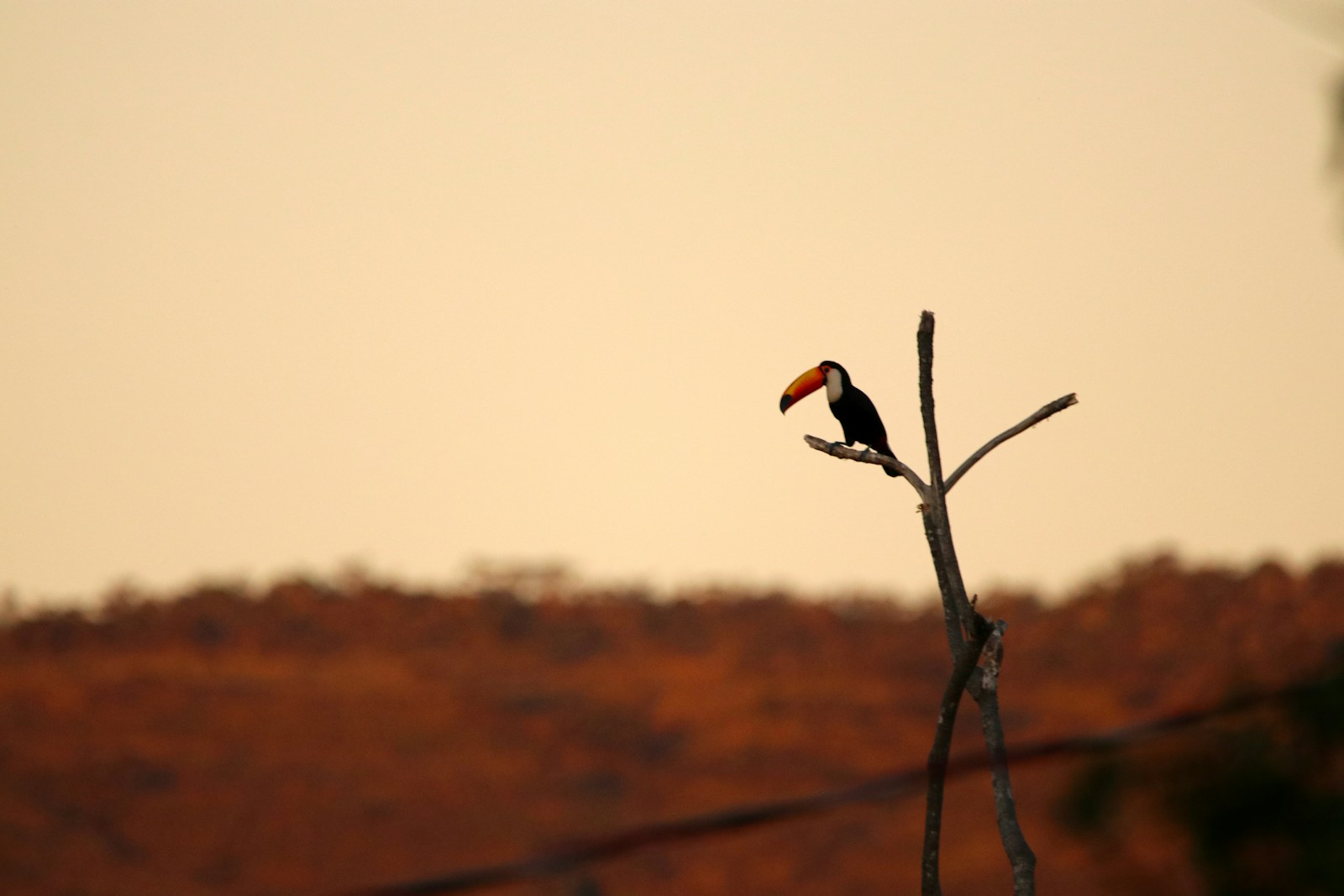
ir de pesca

go fishing
The Spanish phrase 'ir de pesca' translates to 'go fishing' in English. It is a common phrase used in Spanish-speaking countries used to refer to the recreational activity of catching fish, often as a pastime or sport. The direct translation of 'ir' is 'to go' and 'pesca' is 'fishing', making the whole phrase mean 'to go fishing'.
Example sentences using: ir de pesca
Mañana, vamos a ir de pesca al lago.

Tomorrow, we are going to go fishing at the lake.
This sentence uses future tense to express a planned action (fishing). The preposition 'a' is used after 'ir de pesca' to indicate the destination (the lake).
Voy a invitar a Juan para ir de pesca este fin de semana.

I am going to invite Juan to go fishing this weekend.
This sentence uses 'Voy a' + infinitive to indicate a future action. The preposition 'para' is used to indicate the purpose of the invitation (to go fishing).
¿Te gusta ir de pesca durante los días de verano?

Do you like to go fishing during the summer days?
This sentence uses present tense to ask about someone's preferences. The term 'durante' is used to indicate a time period in which the action (go fishing) typically happens.